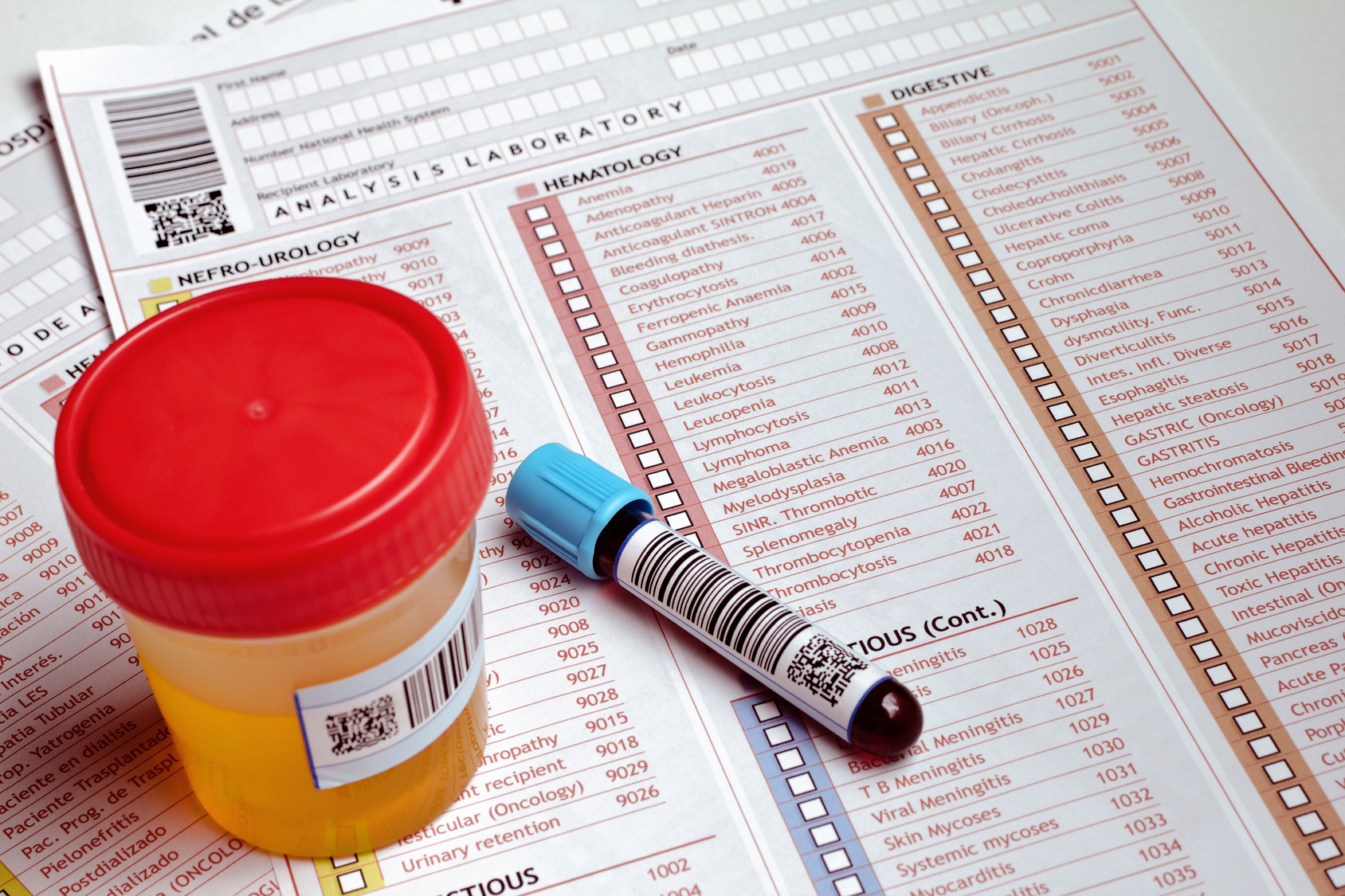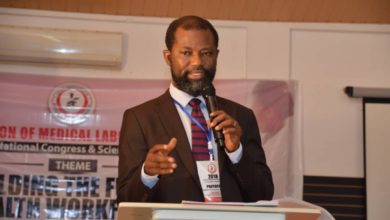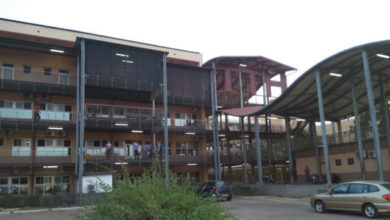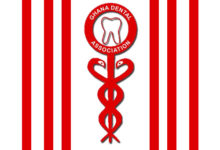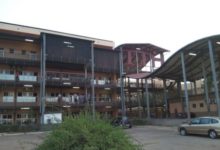After University education and a successful completion of a year compulsory clinical rotation and national service, I was built to a capacity to face the challenge of searching for a job. Thanks to God and the pioneers who discovered me, I miraculously had my first employment without struggling to send application letters to different institutions and organizations as the ‘custom demands’. After passing through a structured interview and practically intriguing tests, I received my first appointment letter in life – not with any ‘quark’ laboratory but one ‘that reigns laboratory practice in Ghana’ with its international reputation and an ISO- 15189 accreditation.
Frankly, I’ve had a phenomenal experience – both good and bad. This article is geared towards informing and enlightening young and practicing scientists how it feels to associate with such facilities and why we should continuously advocate for effective and efficient laboratory systems in Ghana.
Lesson- One: Professional fulfillment
The medical laboratory profession in Ghana has been one with a lot of setbacks over the years. Many young and enthusiastic professionals have lost their passion due to poor societal recognition and disregard by healthcare authorities and healthcare players. Handling this situation has not been easy as many laboratories and professionals find their services poorly appreciated- distressing their motivation. However, I believe it should not be so. A laboratory professional’s passion should be renewed and empowered on daily basis by the new challenges they encounter and solve on the job. It shouldn’t be too much of a routine. A personal decision and recognition of one’s contributing efforts to healthcare should make him/her happy. One secret that makes your facility standout is when you are self-motivated to deliver. It works like magic.
We have to allow the laid down standard formats and managerial processes concealed in books to be eluded and made fully operational in our labs. Evans Kyeremeh, MLS
I will advocate every scientist have a feel of working with a facility whose output is generally accepted and appreciated by users.
I have several doctors who recommend me for clients and tell them “as for him, his results are the best”. The fact is, I may not be the one who may directly work on the samples but I receive credit by just associating with a facility that produce quality and standardize test results. Yes! With that, you are self-fulfilled as a scientist and can boast that you are contributing positively to healthcare delivery.
Though your output may not be acknowledged by society as compared to other professions in healthcare, you shall be self-motivated every day to provide service to mankind.
I believe if we work more diligently and bring our professional conducts under subjection, we stand high to create the atmosphere for general acceptance of our value and henceforth demand what is due us.
Lesson- Two: Quality consciousness
Few weeks upon working in the ISO facility, I posted on Facebook a phenomenal experience. I wrote a short description of what quality in laboratory delivery and healthcare is all about. The post was all about quality and why the standardized laboratories are different and why many will want to associate with them.
In essence, what differentiate the standardized labs from the numerous non-standardized labs is borne out of the quality alertness that the former are entrusted with. From day one, I was made aware of the importance of quality results and why I must ensure my actions and my work help in producing nothing but quality results. The importance of following accurately, manufacturer’s procedures and recommendations, the need for running controls, partaking in external quality assessments, the importance of documentation, etc. were practically explained and I began to understand some of the theories I learnt in school.
I would like to note without doubt that my desire for quality and hence my advocacy, and even co-founding an advocacy group was harnessed whilst in this facility. In fact, the quality and orderliness aren’t evident only in terms of my professional work, but also in my personal endeavors. I became quality conscious and require everything of mine to be of the highest quality.
In my opinion, being quality conscious is a milestone in laboratory sciences. As scientists, we may not get the opportunity to see or interact with patients or clients to express our emotional feeling and care about their situations but we must be interested to show some form of dignity to the samples we receive and work on because they represent the very persons we may not have had the opportunity to see. That’s their life.
Lesson- Three: Orderliness
Putting things in order should be the mindset of every scientist. Our work is backed by reproducible scientific procedures that have to be strictly adhered to so as to ensure efficient output. These scientific procedures are highly organized in such a way that accurate and precise inferences can only be upheld when they are applied controllably and in an orderly manner.
Despite the principled nature of our daily work as laboratory scientists, one will require professionals in this field to have a well-organized life. In quite a number of instances – in Ghana, both professionals and their laboratories are in a state of complete mess making their output invaluable. Like my lecturer put it: “the organization on the bench determine the output, and hence the quality of the result”.
The high level of entropy among some health professionals and their working habits go a long way to dwindle the potential and our ability to produce acceptable outputs that can easily be recognized and our work appreciated.
My experience in the ISO laboratory has been absolutely different. It may not be 100% but it is absolutely imperative.
There is the need for sustainability of these systems in our workplaces which is a key promoter of progress in many of the facilities we highly uphold and patronize. The numerous issues that affect our public sector laboratories such as shortage of reagents, staff absenteeism, machine breakdown, etc. are ordeal and there are always good measures to prevent, control and manage any menace that result from errors that evolve out of work. In most cases, there is clear job description in the lab, at the department and on the bench.
We have to allow the laid down standard formats and managerial processes concealed in books to be eluded and made fully operational in our labs. Our lives as laboratory professionals have to be in order as the nature and structure of our work demand. Our work, leadership and managerial prowess have to be harnessed and focused on putting our house in order. Any mess in the system has to be cleansed; and it is time we acknowledge the effort of every professional – those in public, private, academia and other endeavors- to make our profession have the basic structures that will bring it the reputation it deserves.
Written by
Evans Kyeremeh MLS, BSc, APgD.
Business Development Scientist|Quality Healthcare Advocate | Entrepreneur| Writer
Discover more from MedCircles Ghana
Subscribe to get the latest posts sent to your email.


